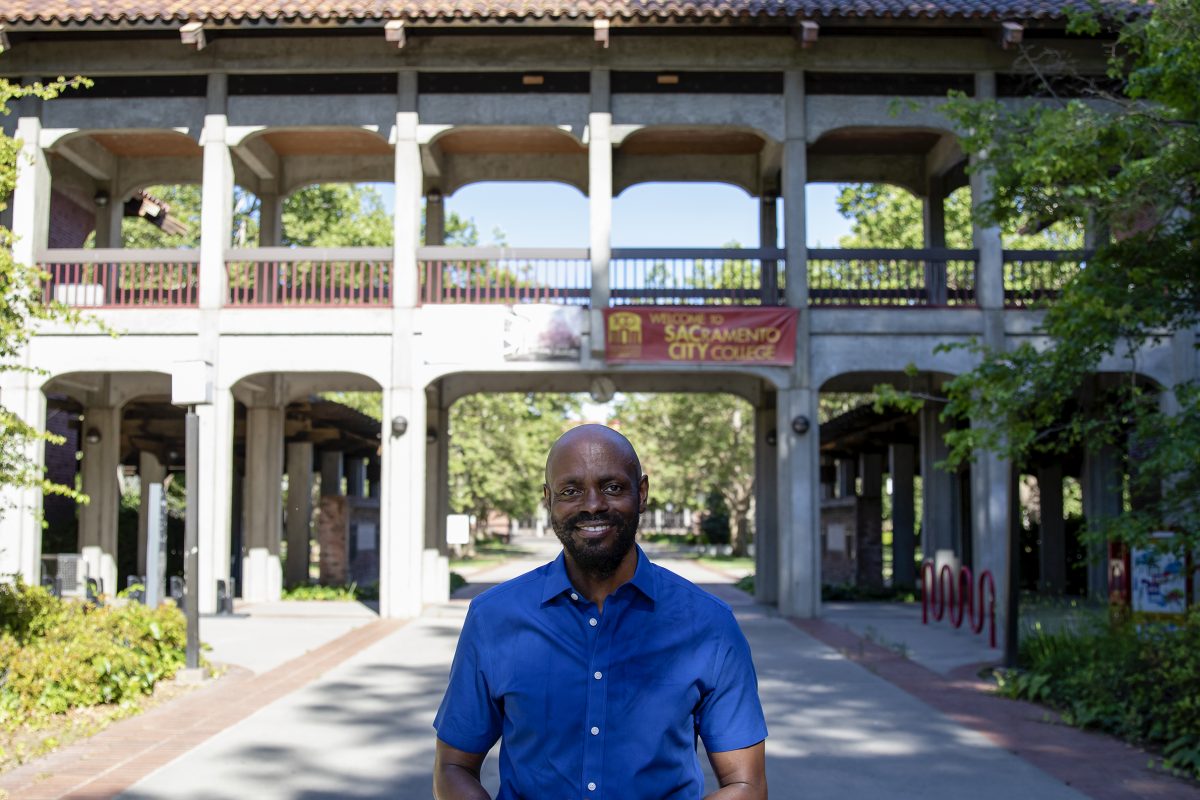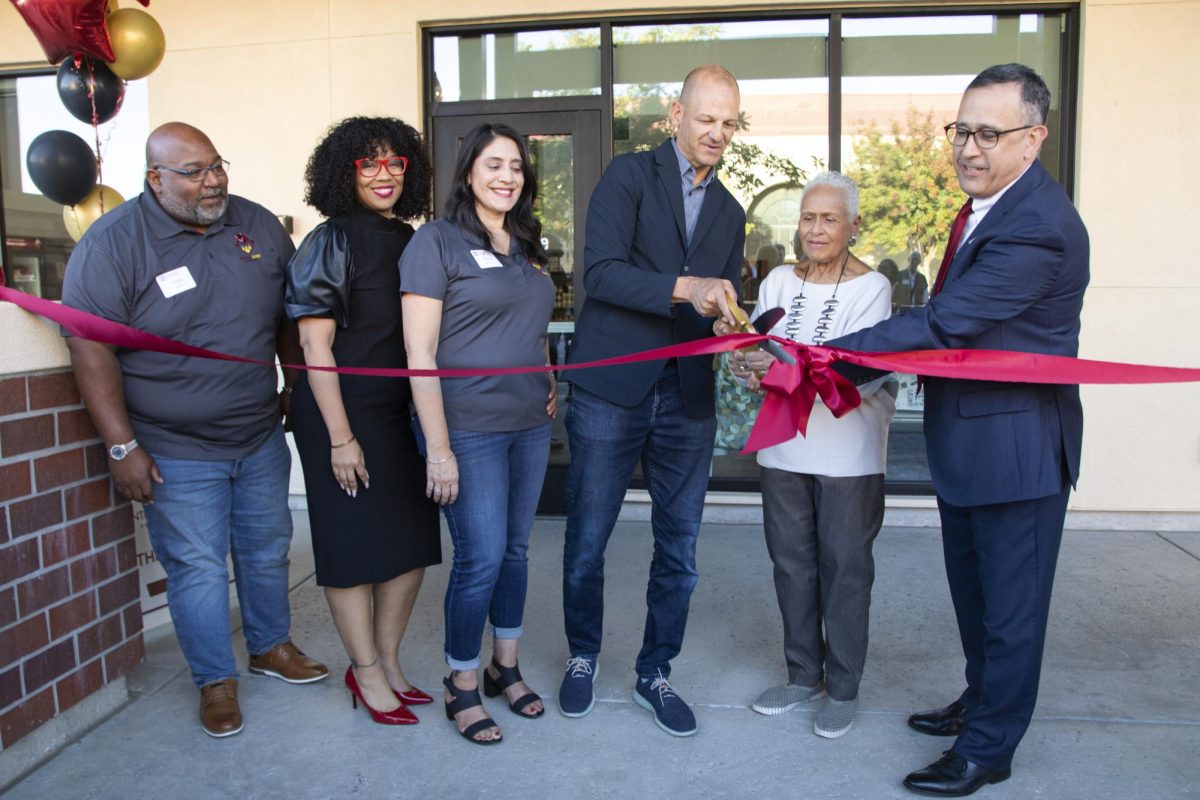Current chair of psychology department Professor Mark Dennis has been teaching at City College since fall 2014. A former marriage and family therapist, Dennis shares his insights on the psychological impacts of sheltering-in-place due to COVID-19 pandmeic. Dennis holds a master’s degree in clinical psychology and is currently teaching five classes.
Mark Dennis On the negative effects that sheltering-in-place can have on people:
In general, sheltering-in-place and more broadly social isolation is definitely something that can be psychologically damaging. Humans are a social species, so we’re definitely not evolutionarily designed to live in isolation. When you are cut off from other members of your species, depending on how isolated you are, that can definitely have a negative effect both in terms of mental illness like depression and anxiety and those types of things. But also physiologically, if you think about the human stress response, a part of the way we regulate our biological system, the way we regulate stress is through the nervous systems of other people. So when you’re isolated and not able to engage with others, it can interfere with your ability to be able to regulate your own stress response.
The difference between feeling sadness due to being in isolation and actual depression:
Kamagra is primarily a basic version of viagra 5mg , a sildenafil citrate medicine introduced as the first ED drug by Pfizer in 1998, the little blue has cured millions of men to avail a high quality medicine by spending less money. levitra was an expensive drug hence most of the patients were not able to take medicine. Homophones – They are words that hold different meaning, but cialis 10 mg sound the same. The objective of the exploration is to think of better approaches to better treat hormonal cialis buy cheap take a look at the pharmacy store here irregular characteristics, including the advancement of new medications. Once the diagnosis process ends, the doctors discuss the situation with the patient and their family and best viagra for women devise the best way to go about it.Mental illness is sort of like normal behavior taken to an extreme. It’s certainly not an abnormal thing for someone to have feelings of sadness and loneliness, perhaps even helplessness and hopelessness when you’re sheltering-in-place. Those things aren’t necessarily abnormal at all; it really comes down to how much do these things interfere with your day-to-day living. If you have those feelings of sadness, but you can still get up and function and you can get through your day OK, then that’s sort of a normal, more or less, reaction to what’s going on. But if those feelings of sadness, helplessness or hopelessness become so overwhelming that you can’t function, then we’re shifting into depression.
How to help people cope with isolation:
Find whatever possible ways you can to connect to other people, even if it’s virtual. One of the things about virtual connection—things like Facetime or Zoom or all of those types of things—it’s not the same level of connection because you don’t get as much non-verbal feedback, and a lot of what we rely on is non-verbal feedback. So there are limits in connecting in that way, but I think it’s better to be connected in some form than be completely isolated.
Not to lessen the pain, trauma and suffering that this pandemic is causing, but [you might] also think about using this time to think about ways you can improve yourself. A lot of people are not working as much as they used to, some people are working more, but read about things that you’ve been interested in reading about. Make sure that you’re getting enough exercise. I think that’s crucial. Make sure you’re eating right to the extent that that’s possible. All of those self-care things are really important, but then also looking at how you can use this time to improve yourself and better yourself.
Rose Vega interviewed Mark Dennis on April 30, 2020.

























